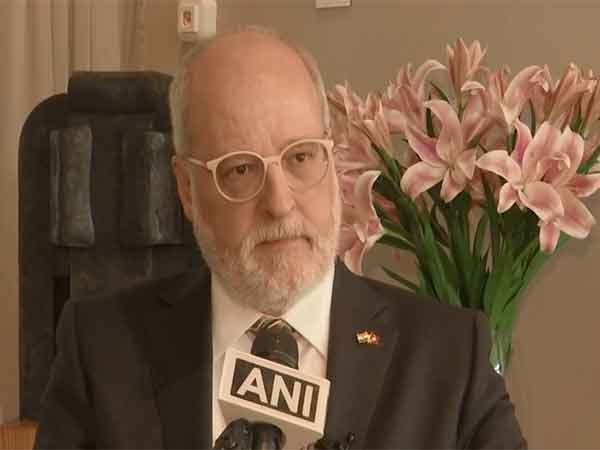
Trump announces equivalent reciprocal tariffs on all countries exporting to US
Feb 13, 2025
New Delhi [India], February 14 : US President Donald Trump announced the reciprocal tariff policy on Thursday.
"On trade, I have decided that for the purpose of fairness, I'll charge reciprocal tariffs - meaning, whatever countries charge the United States of America, we will charge them - no more, no less. They charge us with tax and tariffs, it's very simple we will charge them with exact tax and tariffs," said US President Donald Trump, according to Reuters.
The announcement will have a global impact including on India. Earlier in his first term, Trump had said that "India has more tariffs than nearly any other country" while discussing his intentions to impose reciprocal tariffs.
On February 4, Trump announced a 30-day pause on newly imposed tariffs on imports from Canada and Mexico. This decision followed discussions with Canadian Prime Minister Justin Trudeau and Mexican President Claudia Sheinbaum, where both leaders committed to strengthening border security and addressing fentanyl trafficking concerns.
The tariffs, initially announced by Trump, included a 25 per cent levy on Canadian and Mexican imports and an additional 10 per cent on Chinese goods. However, Trump stated that he has secured new commitments from Canada and Mexico to enhance border controls, prompting the temporary suspension of the tariffs, and paused the tariffs by a month.
As negotiations between the US, Canada, and Mexico move forward, another sector facing potential trade repercussions is the stainless steel industry, where a 25 per cent tariff is proposed by the Trump administration on all countries that export to the US.
If imposed the tariffs will impact Indian stainless steel exporting companies as well. Currently, Indian stainless steel exports to the US are subjected to a 25 per cent tariff under Section 232, but a mechanism allows importers to file for exclusions.
Under the existing strategic trade agreement, up to 70 per cent of these exclusion requests are approved by the US government.
With Trump's push for "fair and reciprocal" tariffs, the global trade landscape faces potential shifts, as industries and governments navigate the implications of these policy changes.


























